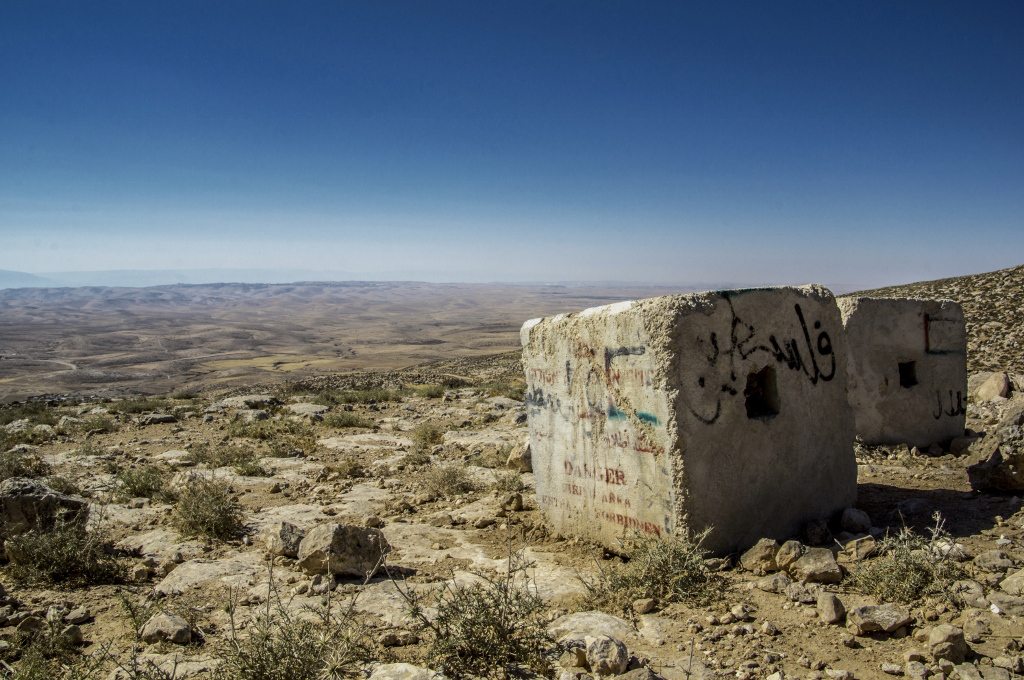Tag: Firing zone 918
-
Pressure on Firing Zone 918 residents continues
24nd June 2014 | Christian Peacemaker Teams | South Hebron Hills, Occupied Palestine On 15 May 2014, Israeli courts extended the mediation process between the Israeli army and the villages within Firing Zone 918 for another three months. The Israeli army wants to use this area for training. Israeli, Palestinian and international human rights organizations have condemned…
-
Palestinian shepherd assaulted by settlers in South Hebron Hills
19th July 2013 | International Solidarity Movement, Khalil Team | Mirkez, Occupied Palestine On the 16th of July, Omar Jabril, 28, was pasturing his sheep in the surroundings of Mirkez, in the middle of firing zone 918, when three settlers assaulted him, injuring him severely. Some villagers witnessed broken teeth and a large amount of…
-
Military exercises in firing zone 918, Massafer Yatta
by Team Khalil 23 January 2013 | International Solidarity Movement, Massafer Yatta, Occupied Palestine On Monday 21st January over 100 soldiers from the Israeli army held training exercises in the firing zone 918 in Massafer Yatta, also known as South Hebron Hills. The exercises continued throughout the day on Tuesday 22nd January. The Israeli military…

